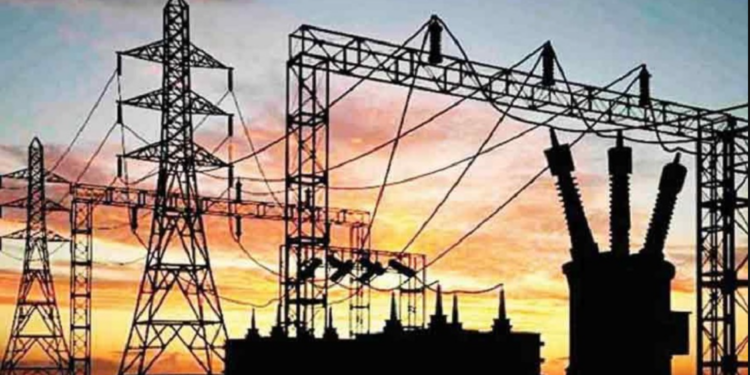The Transmission Company of Nigeria (TCN), has said that 53 ongoing power projects worth N122 billion is to be completed by May 2024.
TCN and power distribution companies with support from the Central Bank of Nigeria (CBN) will finish up these projects that are currently being constructed across the country.
Punch reports that the projects entail the delivery of eight 150MVA power transformers, 19 1000MVA transformers, 60MVA transformers, reconductoring existing transmission lines (conductors and accessories), upgrading of the existing 132/33KV substations, and construction of 33KV line bays.
While visiting three different projects at Ojo, Isolo, and Oworonshoki Transmission stations in Lagos on December 6, Mathew Ajibade, Programme Coordinator at TCN, mentioned that once these projects are finished, they will increase the company’s ability to transport electricity by over 1,000 megawatts.
He said:
- “The projects are currently being implemented through the project management office at the TCN headquarters in collaboration with both TCN field engineers and the Discos technical team. The time set for completion of the projects is May 2024 latest. PMO made progress with the implementation of the programme despite challenges encountered and is committed to ensuring the successful implementation.”
Tumba Tijani, who is the Assistant Director and oversees the Infrastructure Finance Office at the Central Bank of Nigeria (CBN), clarified that the central bank provided a loan for the project in August of last year. This loan was given at a 9% interest rate.
He mentioned that a total of N85.43 billion has been given out to 53 different contractors involved in the projects. This money has been disbursed into the Advance Payment Guarantee account to help these contractors carry out their tasks.
He said:
- “The CBN in continuation of its intervention in the power sector approved the sum of N122, 289, 344 for the programme Nigeria Electricity Market Stabilization Facility-3 based on the projects estimated for the identified projects. The facility aims to resolve the transmission/distribution interface bottlenecks to improve supply to end users and unlock the unutilized generation capacity in the country,”
Why transmission?
The Minister for Power, Adebayo Adelabu, mentioned before that even though the country has handed over the responsibility of generating and distributing power to private entities, the part that handles transmitting electricity is still managed by the government.
However, this area hasn’t seen enough progress mainly because the infrastructure, such as substations, transformers, and power lines, is getting old and isn’t strong enough.
Adelabu promised that the government would focus on reorganizing and improving this infrastructure. The aim is to ensure that all Nigerians experience better and more reliable electricity supply across the country
















Without power we can’t grow. Power I’d the key
When can we expect the TCN to undergo transformation into a private limited liability company and be listed on the NGX, following the model planned for the NNPCL?
Despite the good intentions of this current minister, government’s role in the electricity and energy markets should be confined to regulation, not involvement in market operations or management.
It’s clear that this vital parastatal needs significantly more autonomy from the government in order to move faster and accelerate the economic development of Nigeria. This increased independence would enhance its capacity to draw in private investment in the form of private loans and equity beyond what the CBN is currently providing, which is crucial for boosting capital expenditure, enhancing service quality and coverage, and facilitating growth.